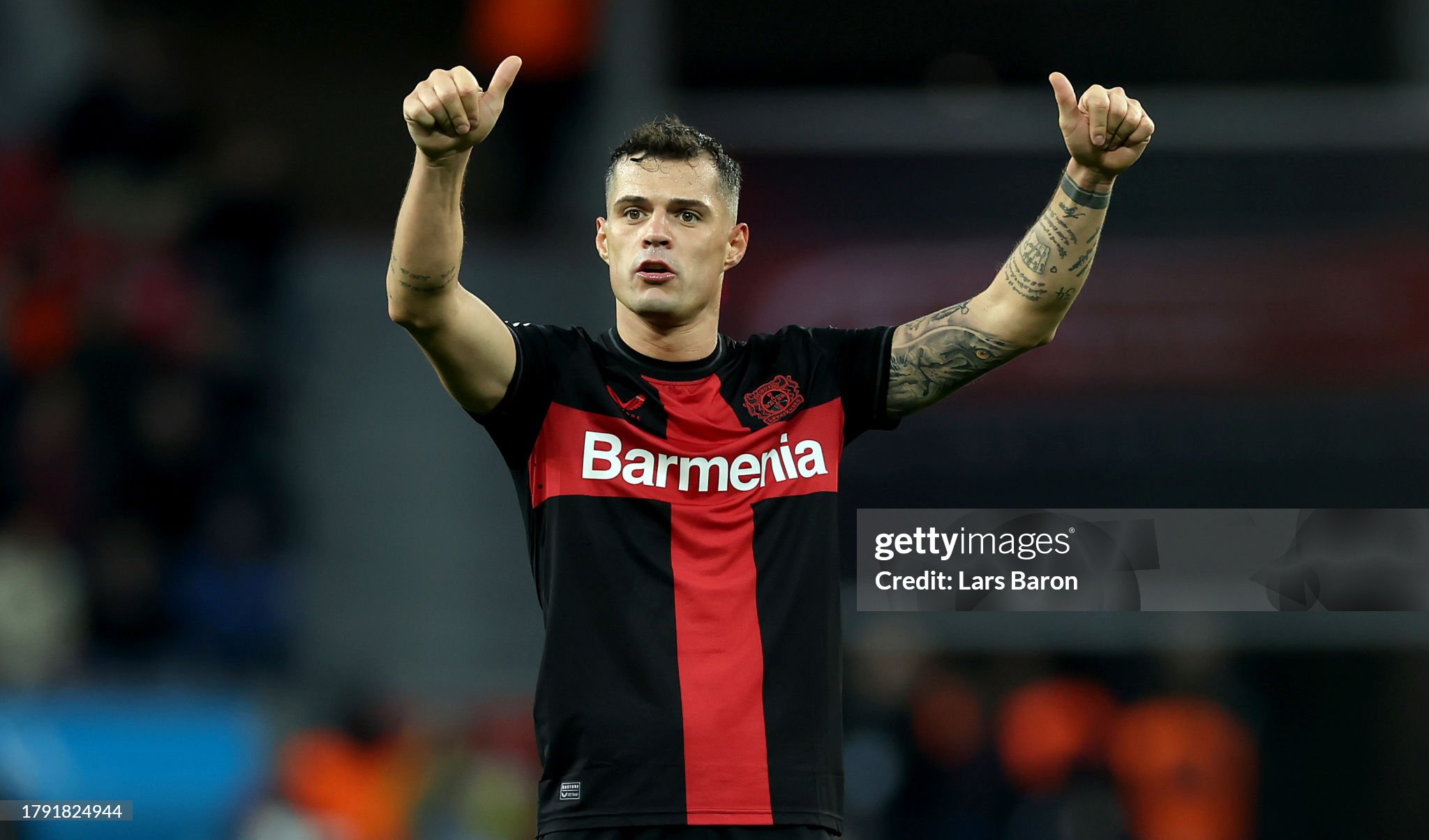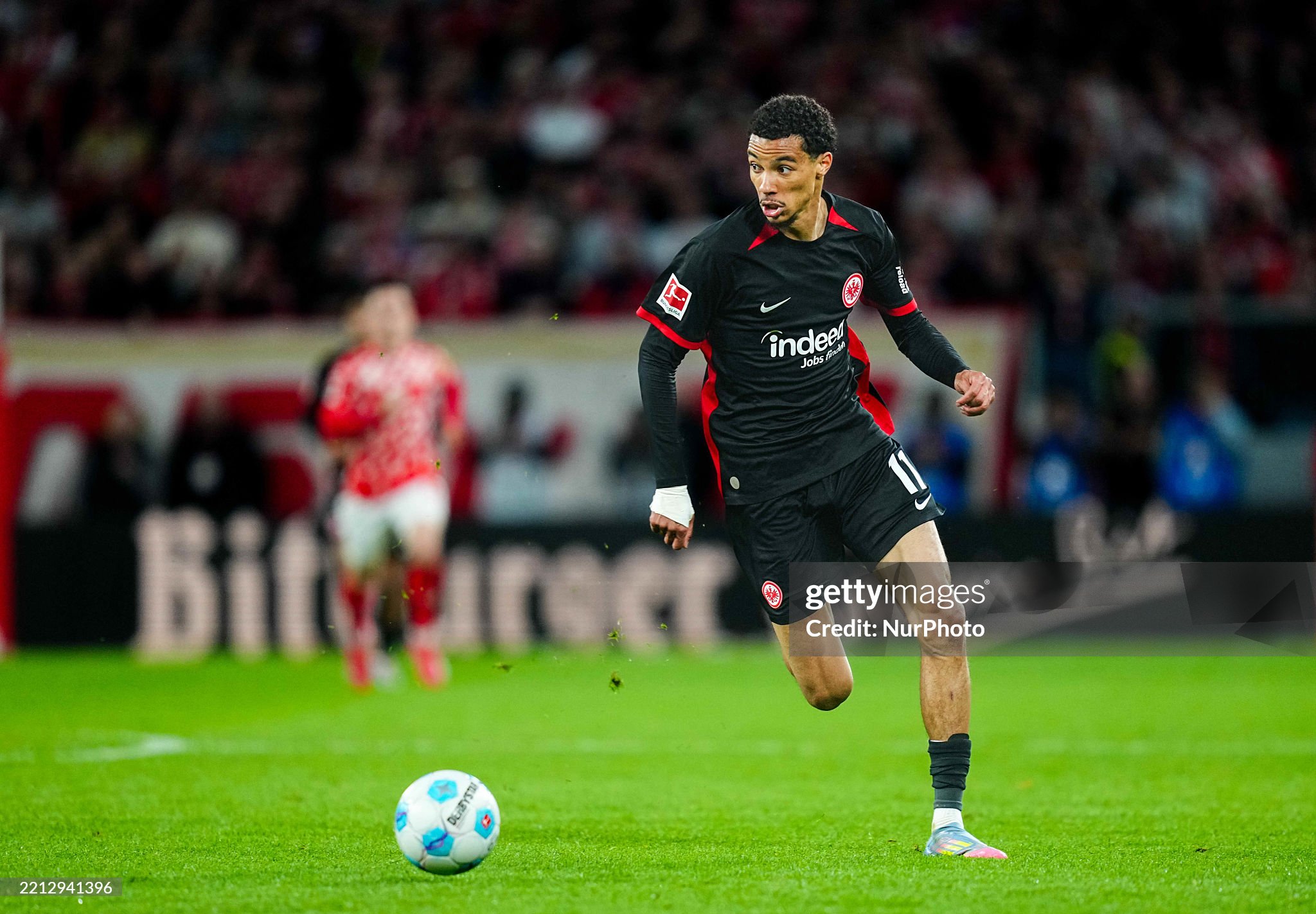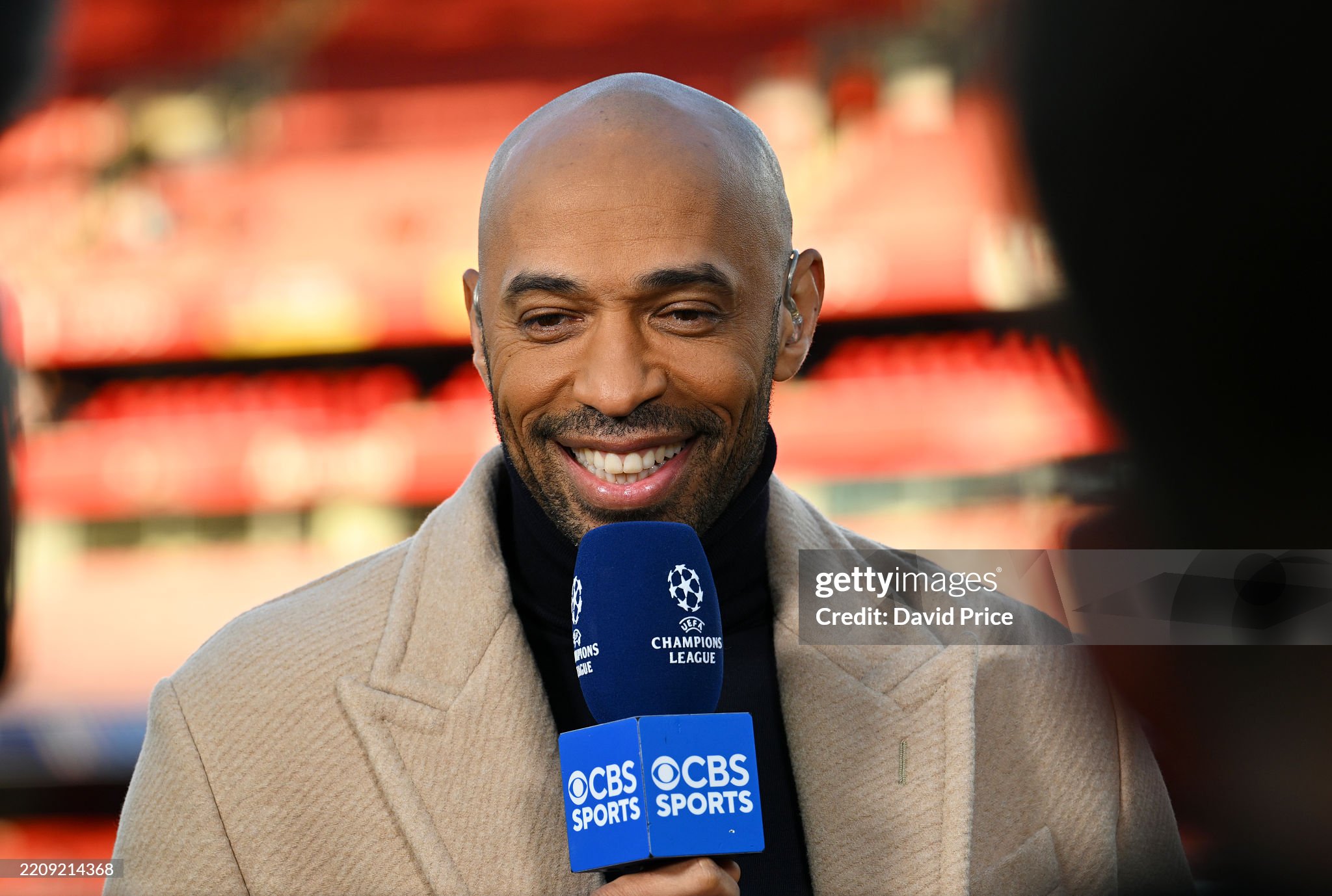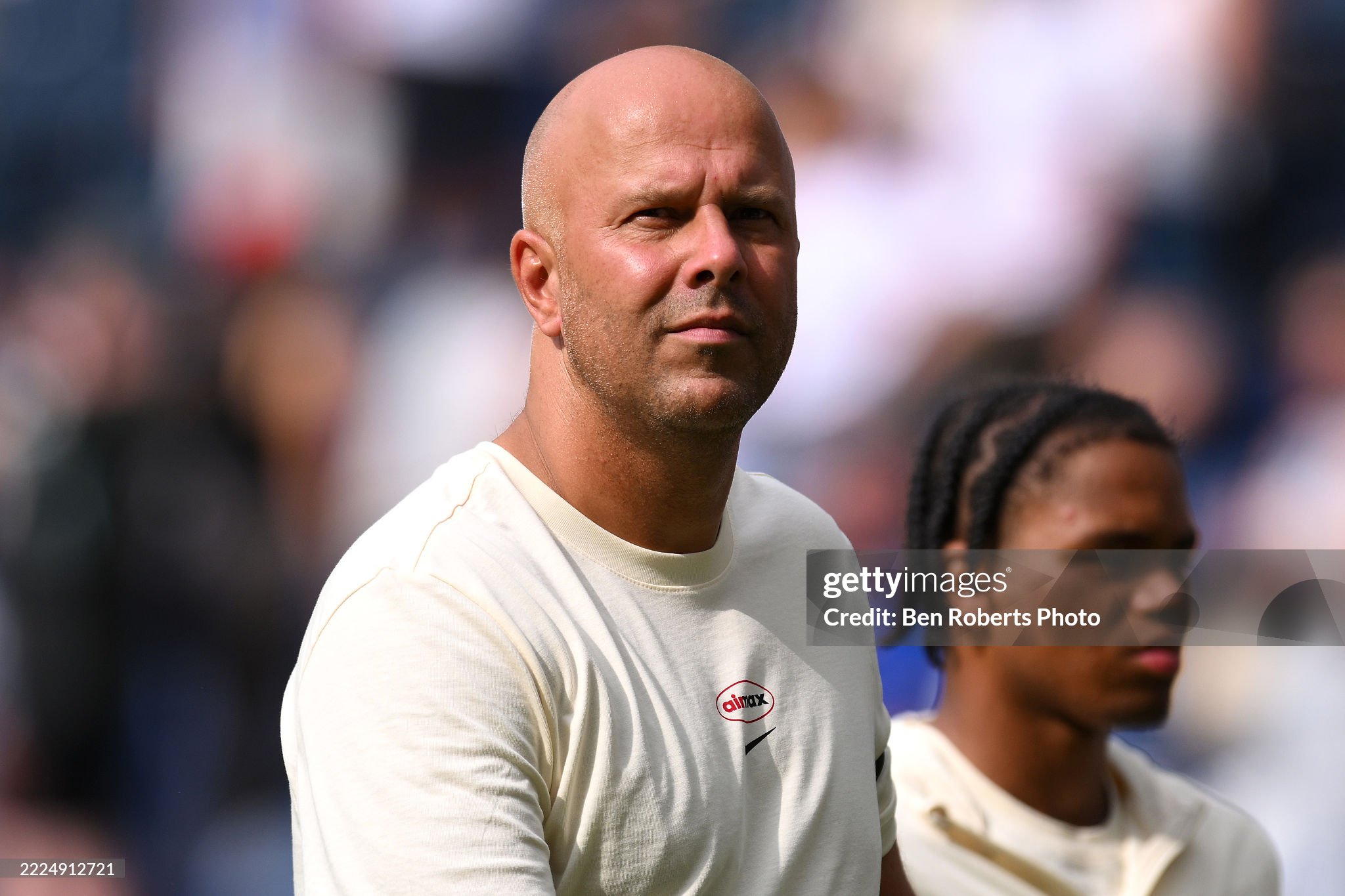Juventus' new technical director, François Modesto, was appointed a week ago, but he is still dealing with the consequences of his predecessor's policies. The sporting director Cristiano Giuntoli, who left in June, has left Juventus with several hefty bills.
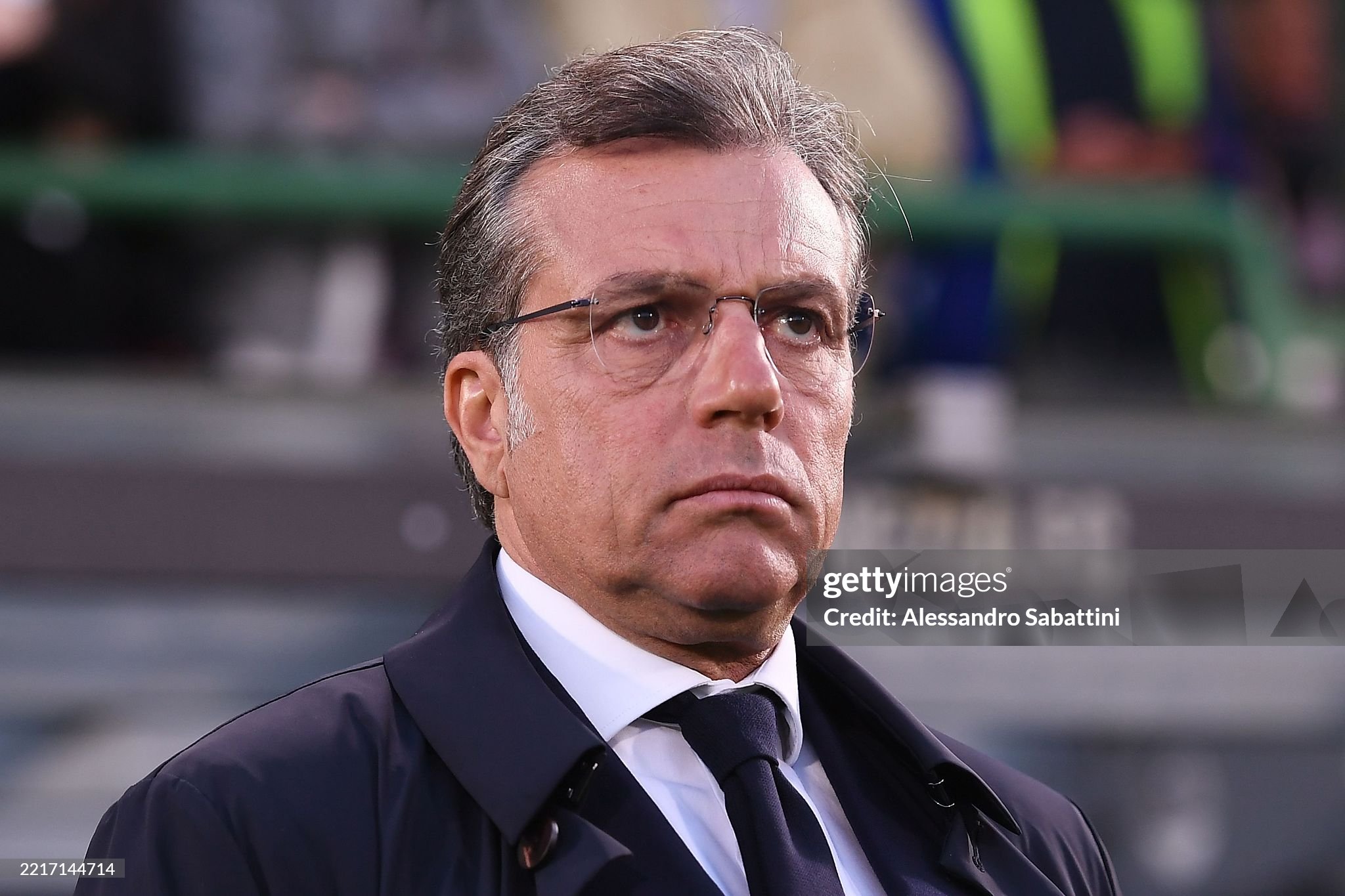 Embed from Getty Images
Embed from Getty Images
Under the new management, only Jonathan David has arrived in Turin on a free transfer this summer.
Yet, despite the apparent lack of transfer market activity, Juventus has already officially added five new players to the squad a situation that can be traced back directly to the controversial policies and financial strategies of former sporting director Cristiano Giuntoli. His tenure, which was intended to rejuvenate the team and restore financial sustainability, is now leaving a significant and complex financial burden on the club.
One of the clearest examples of this is the case of Michele Di Gregorio. The goalkeeper was signed on loan from Monza last year, with the arrangement including a loan fee of 4.5 million euros. Crucially, Giuntoli had inserted a mandatory purchase clause, compelling Juventus to pay an additional 13.5 million euros this summer to complete the deal permanently. That transaction alone brings the total expense for Di Gregorio to 18 million euros a figure that is now weighing on the club’s finances in a transfer window where Juventus had hoped to spend more selectively.
But Di Gregorio is far from the only player acquired under such terms. Last summer, Juventus also brought in Pierre Kalulu from AC Milan under similar conditions: a 3.3 million euro loan fee combined with a mandatory purchase option of 14.3 million euros. That deal, too, matures this summer, further tightening Juventus’ transfer budget. Then there's Lloyd Kelly, signed on loan from Bournemouth in January for 3 million euros, with a compulsory buyout clause of 14.5 million euros. These commitments alone show how Giuntoli structured deals in a way that postponed the real financial impact, which is now hitting Juventus all at once.
Perhaps the most burdensome of all is the deal for Nico González from Fiorentina. Juventus agreed to pay an 8 million euro loan fee upfront, with an obligation to purchase for an additional 25 million euros. While González is a highly-rated player, the high total cost of 33 million euros for his services is now under scrutiny, especially given the club's strained finances.
Adding further strain, the 7 million euro loan fee for Francisco Conceição, brought in from FC Porto, still remains unpaid. While this was initially just a loan without a purchase obligation, there is a strong likelihood that Juventus will pursue a permanent deal for Conceição, with the Portuguese club demanding 32 million euros for a full transfer. This move could push Juventus' spending on this single player close to 40 million euros when including the loan fee.
When all these commitments are tallied up, Juventus still owes approximately 93.1 million euros on deals engineered by Giuntoli even before considering the potential 32 million euro purchase of Conceição or the 12.5 million euros in commissions and additional expenses that the arrival of Jonathan David will entail. Effectively, what initially seemed like financially manageable loan deals are now ballooning into a financial headache that limits the club’s flexibility in the current and upcoming transfer windows.
The consequences of Giuntoli's tenure are not limited to finances alone. Although he was brought in with the promise of reducing the club’s wage bill which he did and building a younger, more competitive squad, many of his sporting decisions have been widely criticized by fans and analysts alike. High-profile signings such as Douglas Luiz and Teun Koopmeiners have so far failed to deliver the expected performances on the pitch, disappointing supporters who had hoped these players would restore Juventus to its former glory.
Additionally, Giuntoli made several questionable sales. Moise Kean, once seen as a bright prospect for Juventus, was sold and has since flourished elsewhere, much to the frustration of the club’s fan base. Similarly, young defender Dean Huijsen was allowed to leave and has gone on to impress at his new club, leading many to question the club’s talent management under Giuntoli.
Moreover, the broader financial strategy of using accounting maneuvers, like mandatory purchase options hidden within loan deals, has been met with skepticism. While these methods can temporarily ease the financial pressure on a club's books, they often lead to long-term obligations that restrict future flexibility precisely the situation Juventus now finds itself in.
The culmination of these sporting and financial missteps led to increasing unrest among supporters and growing pressure on the club's leadership to make a change. Eventually, Juventus and Giuntoli agreed to part ways "by mutual agreement," a diplomatic way of framing what was widely seen as a necessary separation to prevent further deterioration of the club's financial health and sporting prospects.
Now, with François Modesto stepping in as the new technical director, Juventus faces the dual challenge of managing the legacy costs left by Giuntoli while attempting to rebuild a squad capable of competing both domestically and in Europe. Modesto will need to navigate this difficult financial landscape carefully, making astute signings and potentially offloading players to balance the books. It is a delicate task, and the Juventus board, players, and fans alike will be watching closely to see if the club can recover from the shadow of Giuntoli’s reign and return to the top of Italian and European football.
Updated: 11:17, 22 Jul 2025
